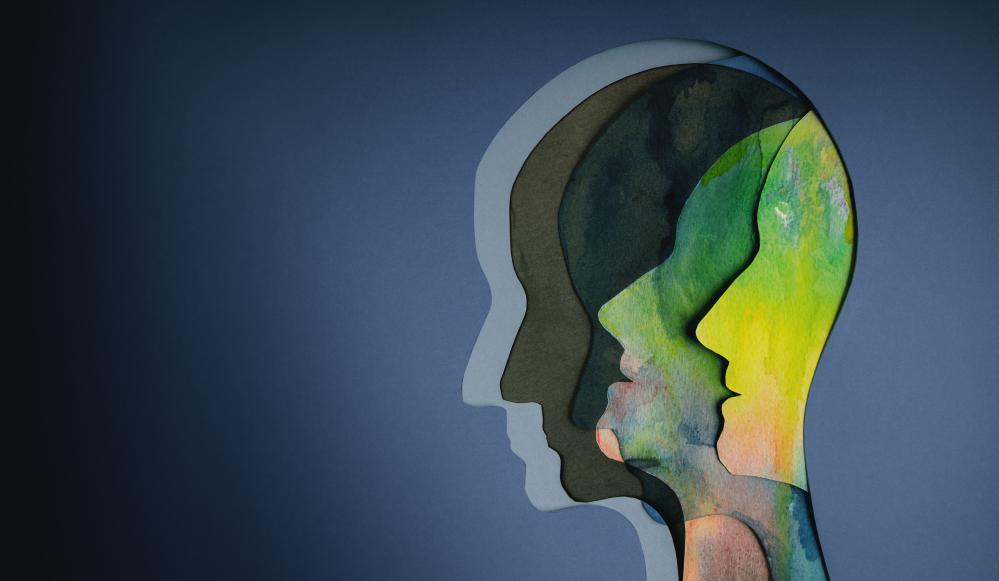Get In Touch
(855) 744-1177

Witnessing a loved one or personally battling with bipolar disorder can indeed be a harrowing experience. It’s a condition that can drastically swing an individual’s mood from manic highs to depressive lows. At Empower Residential Wellness, our understanding of these challenges comes from a place of empathy and personal observation.
While the journey is undeniably tough, it’s essential to grasp that treatment can pave the way to a more balanced and fulfilling life. A key part of our ethos is educating our community about the nature of this complex condition.
In our adult bipolar disorder treatment in California, we embrace a holistic treatment model. Recognizing that each individual is a complex interplay of the biological, psychological, and social, we’ve found that addressing only one aspect can leave others unhealed.
Our approach includes integrating neuroplasticity-enhancing activities, mutual support, and therapies like DBT (Dialectical Behavior Therapy) and CBT (Cognitive Behavioral Therapy), ensuring all aspects of an individual’s well-being are cared for.
At Empower Residential Wellness, we believe every individual’s path to recovery is unique. Our personalized care plans for adult bipolar disorder treatment in California are carefully crafted by a team of experts.
With our 3:1 staff-to-patient ratio, we guarantee detailed attention to each client. This allows us to continuously evaluate and adjust treatment, ensuring the plan aligns with our clients’ evolving needs and recovery goals.
We also offer medication management and ADL (Activities of Daily Living) & Living Skills development, complementing our therapeutic modalities to create a comprehensive care plan designed for long-term stability.
Choosing an inpatient treatment facility like Bassett House offers numerous benefits. The structured environment provides stability, reducing the stressors that can trigger episodes of mania or depression.
Additionally, having access to 24/7 professional support is invaluable when navigating the complexities of bipolar disorder and the challenges it can bring day or night.
A core component of our treatment philosophy involves fostering a supportive community. The solidarity shared among clients can often lead to powerful breakthroughs and sustainable recovery.
We also extend this community support to the families of our clients, understanding that bipolar disorder affects loved ones as well. Family involvement in treatment plans can be a key factor in successful recovery.
Treatment for bipolar disorder doesn’t end at our doorsteps. We’re deeply invested in our clients’ long-term wellness, which prompts us to focus on life beyond Bassett House.
We provide resources and guidance to ensure each person leaves with not just a treatment plan, but a life plan. This might include lifestyle changes, managing medications post-discharge, and ongoing support arrangements.
Each client is equipped with strategies to manage stress, recognize early warning signs of mood changes, and when to seek help – all paramount for long-term management of bipolar disorder.
Discussing adult bipolar disorder treatment in California, we’re conscious of the barriers many face in accessing quality treatment. Our commitment is to bridge this gap, making comprehensive care available to those who need it most.
While currently, we don’t accept Medi-Cal, we’ve facilitated private pay options to ensure our services remain accessible. We believe financial status should not stand in the way of getting help.
Medication management is a significant aspect of our treatment regimen. By tailoring medication to each individual’s specific needs, we can help balance mood swings and provide a solid foundation for other therapies to work effectively.
Yet, medication is only part of the picture. It’s paired with other therapeutic techniques to nurture overall well-being and not merely treat symptoms.
We place a strong emphasis on monitoring and adjusting medications as necessary – the journey with bipolar disorder is dynamic, and so our approach to prescribing medication must be equally adaptable.
Our mission at Empower Residential Wellness is not just to treat, but to empower. Clients are active participants in their treatment, which fosters a sense of agency and hope.
By equipping our clients with knowledge and skills, we help pave their way towards self-reliance. It’s not just about managing bipolar disorder; it’s about thriving despite it.
Our journey at Empower Residential Wellness is paved with stories of resilience, healing, and hope. Adult bipolar disorder treatment in California is more than a service – it’s a commitment to transforming lives.
We stand as witnesses to the profound changes that can arise when individuals receive the care they truly need. And we’re honored to be part of that transformation every single day.

Indeed, bipolar disorder can qualify for disability benefits in California. The condition must be well-documented and demonstrate significant limitations in one’s ability to perform substantial gainful activity. At Empower Residential Wellness, we understand navigating disability benefits can be overwhelming, and we’re committed to providing guidance to our clients throughout the entire process.
Studies suggest that individuals with bipolar disorder may have a shorter average life expectancy than the general population, often by 9 to 20 years. However, this is not a fixed rule, and many factors like treatment adherence, lifestyle, and co-occurring medical conditions play a role. At our facility, we focus on holistic wellness and lifestyle modifications that could potentially improve life expectancy for our clients.
Help for bipolar disorder is available at various places, including specialized treatment centers like Empower Residential Wellness, local mental health clinics, support groups, and private therapists or psychiatrists. We take pride in offering a comprehensive suite of treatments at Bassett House, with personalized care that addresses the multifaceted needs of each individual.
The leading cause of death among individuals with bipolar disorder is cardiovascular disease. Additionally, there’s a heightened risk of suicide and accidents. It’s crucial to us at Empower Residential Wellness to not only manage symptoms but also to promote overall health and prevent these adverse outcomes through comprehensive care.
We recognize the barriers that can prevent individuals from accessing quality treatment. To mitigate this, aside from a structured payment system, we offer sliding scale fees based on individual circumstances. Our goal is to ensure that all who need our care can access it, regardless of financial status.
Family plays a pivotal role in the recovery process. We offer family therapy sessions and education programs to involve loved ones in the treatment plan. By fostering understanding and support, we enhance the chances of successful recovery and create a network of care that extends beyond our facility.
Recovery maintenance is a key focus of ours. We offer aftercare support and planning, including outpatient services, relapse prevention strategies, and integration of community resources. Our aim is to equip clients with the tools they need to navigate life’s challenges and maintain stability long-term.